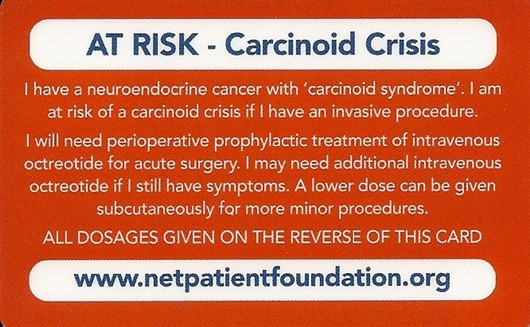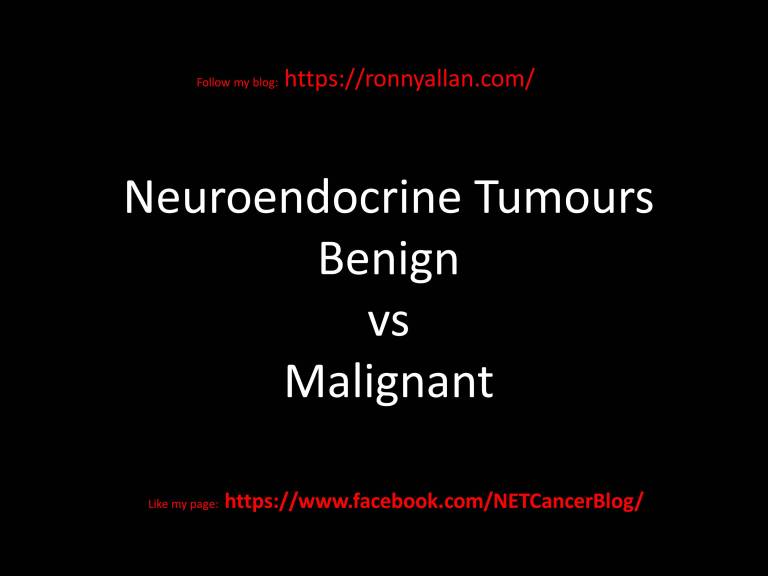The word ‘crisis’ has a wide range of meanings and it’s well used in the media to catch the reader’s attention. Lately, the terms ‘political crisis’, financial ‘crisis’ and ‘constitutional crisis’ appear almost daily in media headlines. In a previous life, the term ‘crisis management’ was used daily…








